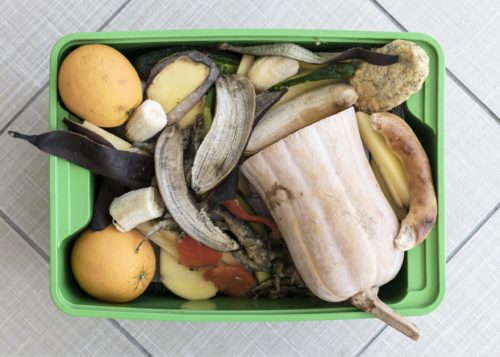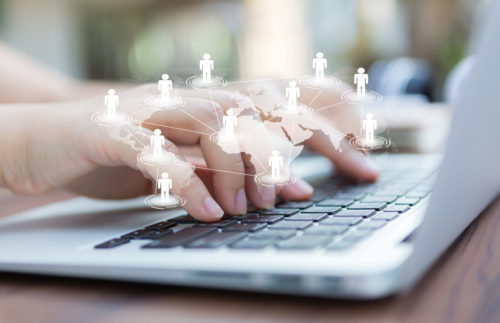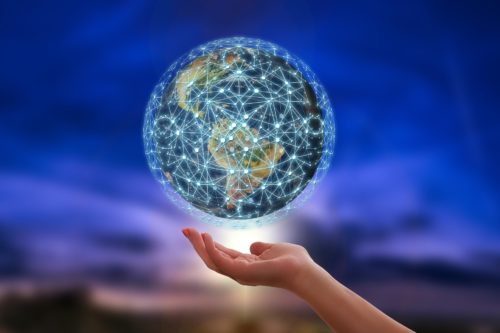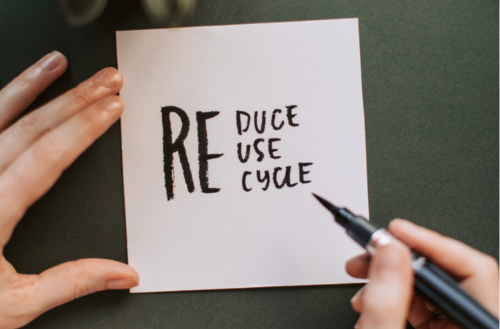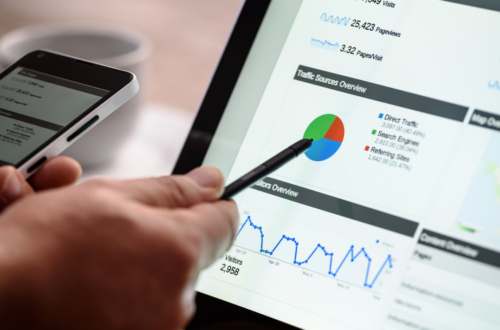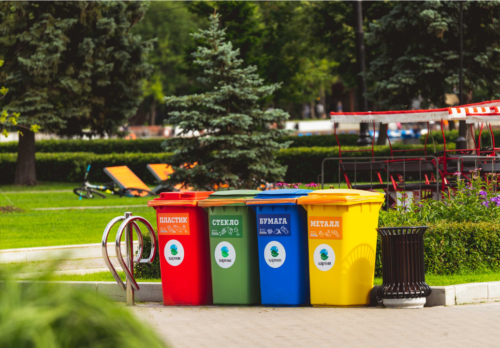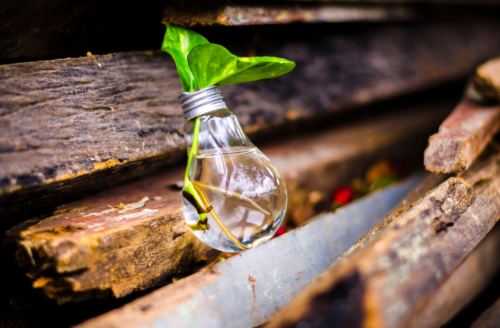Contact
BEYOND RECYCLING
BEYOND RECYCLING
The pandemic breaks the upward trend in waste recycling
The COVID-19 pandemic has penalized many sectors. Among them, the one dedicated to the recycling of waste, since its production and results have been affected by the health crisis. So much so that the trajectory of sustained growth in the volume of recycled waste decreased by 8% in 2020 compared…
Digitalization will offer more efficient waste management in Europe
Digitalization is transforming the way we live, interact and work in the 21st century and is permeating into all areas and sectors, including environmental technology. This progress has allowed a more efficient waste management regime and thus reduce the amount of raw material extracted or imported, avoiding the environmental and climatic…
What is the environmental footprint of the pandemic?
If Internet data traffic continues to increase, by the end of 2021 a forest of approximately 115,000 km2 will be needed to absorb the carbon emitted The COVID-19 pandemic brought with it, almost a year ago, the paralysis of the country. The population was under strict confinement for several months,…
Why the recycling rate of the most recyclable plastic on the market (PET) is not increasing as it should
According to the R-PET industry study by ICIS, the collection volume of post-consumer PET bottles reached 2.2 million tonnes in 2019, an increase of a 5% compared to 2018, which is the highest growth rate recorded in several years. However, the overall collection rate in the European Union increased by…
Why measurement and data are key for companies to transition to a circular economy
Achieve a carbon-neutral, environmentally sustainable, toxic-free and fully circular economy by 2050 at the very latest. This is the goal that the Environment, Public Health and Food Safety Committee of the European Parliament has set itself when it approved the report on the new Circular Economy Action Plan. To this…
Demand for rPET (recycled plastic) in Spain already exceeds production capacity
Over the years, plastic has become an essential material for many applications and fields, some of which have been particularly relevant during COVID-19, such as medicine, transport, agriculture, or the safe packaging of all kinds of food. However, none of the plastic they use should be destined for a single…
European plastics industry strives to eliminate pellet losses
Industry launches development of European certification scheme for the Operation Clean Sweep (OCS) programme Zero pellet losses. Operation Clean Sweep (OCS) is a global initiative of the plastics industry born precisely for this purpose: prevent the unintentional release of plastic particles into the environment, whether in the form of…
How is sustainability achieved in the plastics supply chain?
Construction, automotive, real estate, medical, food, sports, education…. Almost all industrial sectors rely on plastics to enable their development and do business. However, this use must be based on the circular economy, i.e., less dependence on virgin materials and thus greater recyclability. To achieve this, it is imperative that the entire supply chain of the plastics industry remains involved, from manufacturing and design to end-of-life management
What is upstream innovation and why is it essential for the circular economy?
In a circular economy that seeks, as its ultimate goal, to achieve a world without waste, in which products have a second life, upstream innovation is one of the most promising ways to achieve it. It involves tracing a problem to its origin and tackling it there. In other words: instead of figuring out how to deal with large amounts of waste, why not prevent it from being generated in the first place.
Social networks and their influence on environmental awareness
Sharing information about leisure activities, social life or consumer habits is a daily occurrence on social networks. And one of those habits is precisely consuming in a more sustainable way. Data shows that the number of consumers who would pay more for an ecological or sustainable product has risen from…
- Nuñez de Balboa, 120 E28006 Madrid
- +34 915 625 410
- Polígono Industrial Romica, Calle 5 E02007 Albacete (Spain)
- Do you want to work with us?
Ethical Channel:

PROJECT CO-FINANCED BY THE EUROPEAN UNION MULTI-REGIONAL OPERATIONAL PROGRAM FOR SPAIN 2014-2020
Project: new plastic treatment plant and recycling of plastics

A WAY OF MAKING EUROPE
